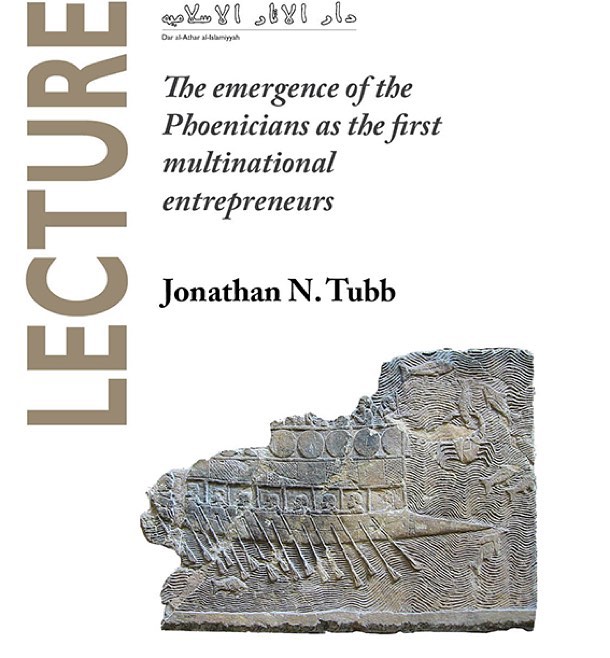Jonathan N. Tubb
Jonathan Tubb is Keeper (Head) of the British Museum’s Middle East Department and President of The Palestine Exploration Fund. A specialist in the archaeology and history of the Levant, he excavated the Early Bronze Age site of Tiwal esh-Sharqi and then conducted nine seasons of excavations at the nearby major site of Tell es-Sa‘idiyeh. In 2013 he began a new excavation project at Ras al-Hadd in Oman. He is the author of many articles and several books on Levantine archaeology, including Canaanites (British Museum Press 2006).
The emergence of the Phoenicians as the first multinational entrepreneurs
The Phoenicians were an inventive, adventurous people who occupied the Syro-Lebanese coast in the first millennium BCE, and whose artistic creations were coveted throughout the Ancient Near East and beyond. The sea provided the mainstay of their economy. As a result of trading expeditions, they founded colonies throughout the Mediterranean, established through negotiation rather than military conquest, and in this respect the Phoenicians can be seen as the first multinational entrepreneurs.
This lecture examines the origins of the Phoenicians, demonstrating how political events at the end of the second millennium shaped the destinies of Levantine coastal cities such as Tyre, Sidon, Byblos and Arwad, and transformed their Canaanite populations into the seafaring Phoenicians who dominated maritime trade foremost of the first millennium.

Jonathan N. Tubb. The emergence of the Phoenicians as the first multinational entrepreneurs
CS21-L 3